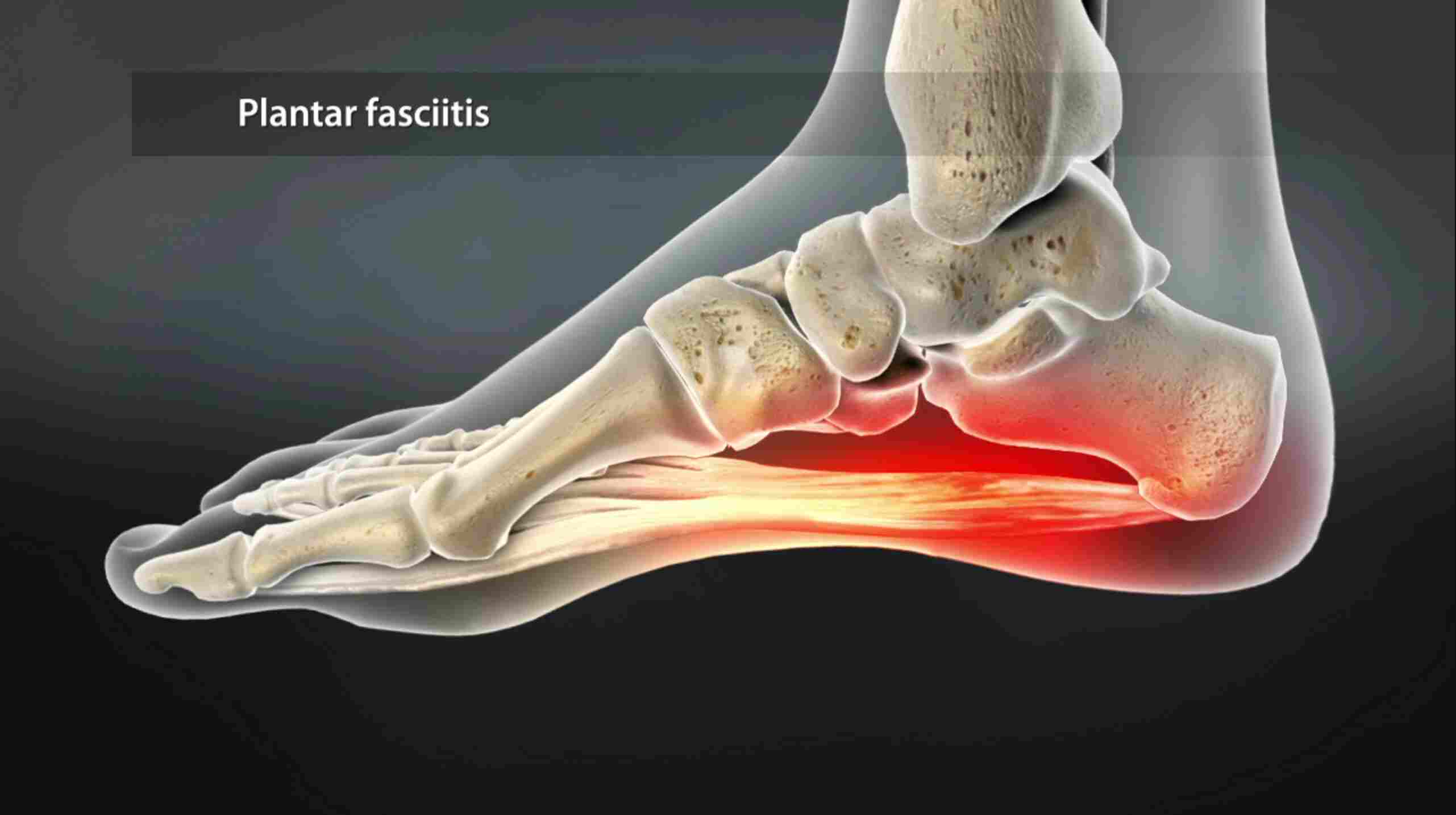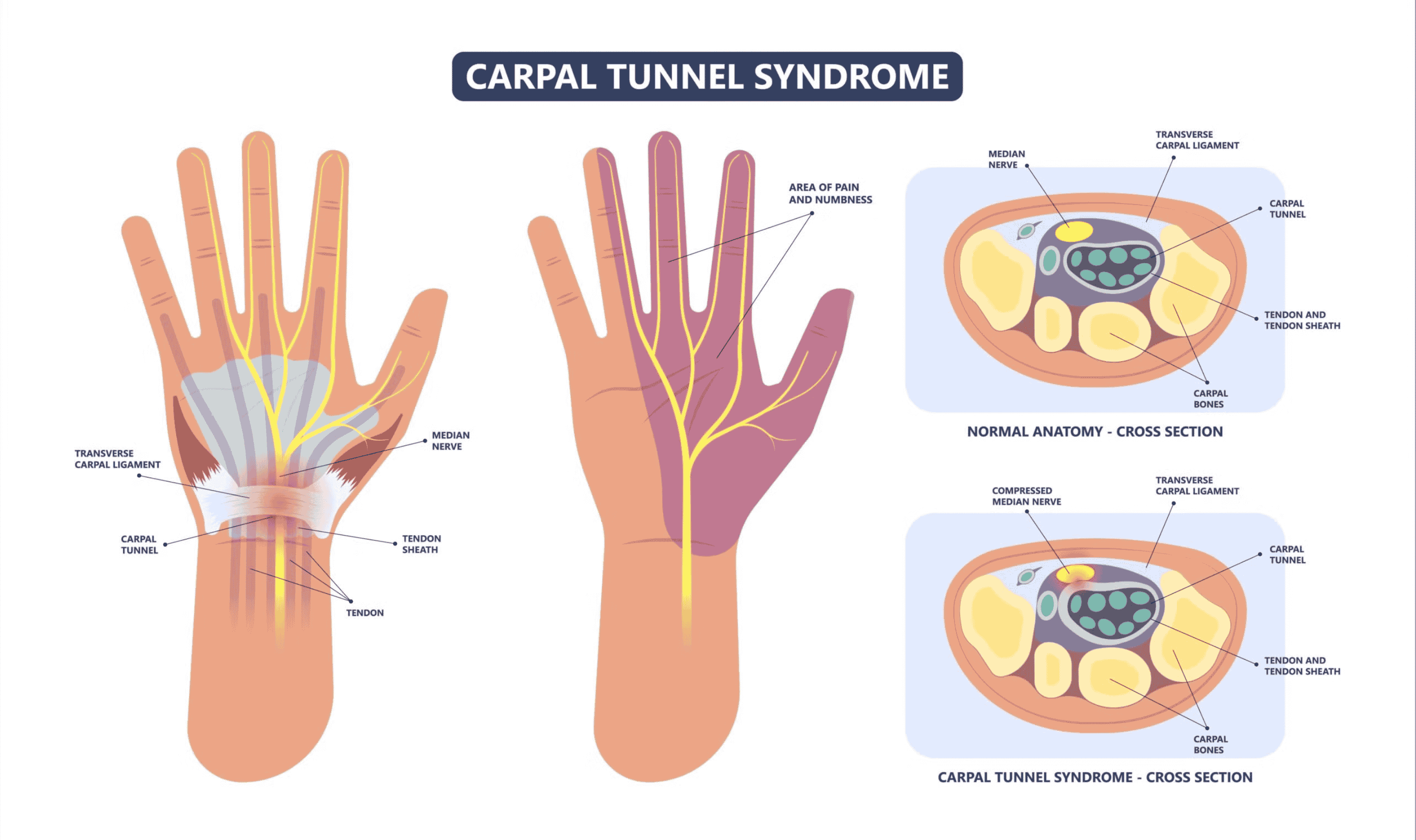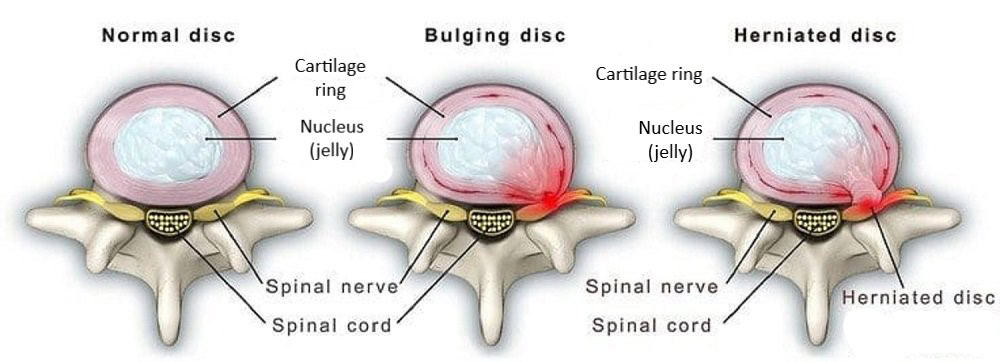Navigating Pain Management After Spine Surgery: Strategies for Comfort and Healing
Spine surgery, while often necessary for addressing debilitating conditions, can come with its own set of challenges, including postoperative pain. At JPRC Neuro Spine Centre, Dr. Sanjay Sharma and his team are dedicated to supporting patients through every step of their surgical journey, including effective pain management strategies. In this blog, we'll explore common causes of post-spine surgery pain, strategies for managing discomfort, and the importance of open communication with your healthcare team.
Understanding Post-Spine Surgery Pain
Postoperative pain following spine surgery can vary depending on the type of procedure performed, the extent of the surgery, and individual factors such as pain tolerance and pre-existing conditions. Common causes of post-spine surgery pain include tissue inflammation, muscle strain, nerve irritation, and surgical incision discomfort.
Effective Pain Management Strategies
1. Medication Management: Dr. Sanjay Sharma may prescribe pain medications, such as opioids, nonsteroidal anti-inflammatory drugs (NSAIDs), or muscle relaxants, to alleviate postoperative pain. It's essential to follow your doctor's instructions carefully and report any concerns or adverse effects promptly.
2. Physical Therapy: Gentle exercises and stretching techniques prescribed by a physical therapist can help improve mobility, reduce stiffness, and strengthen the muscles supporting the spine. Physical therapy is a crucial component of post-surgery rehabilitation and can aid in long-term recovery.
3. Ice and Heat Therapy: Applying ice packs or heating pads to the surgical site can help reduce inflammation, alleviate muscle spasms, and provide temporary pain relief. Alternating between ice and heat therapy may offer additional benefits for managing postoperative discomfort.
4. Rest and Relaxation: Adequate rest is essential for allowing the body to heal following spine surgery. Avoiding strenuous activities and maintaining proper posture can prevent further strain on the spine and promote healing. Incorporating relaxation techniques such as deep breathing, meditation, or gentle yoga can also help reduce stress and tension, contributing to overall pain management.
5. Open Communication: It's crucial to maintain open communication with your healthcare team regarding your pain levels, treatment preferences, and any concerns or questions you may have. Your doctor can adjust your pain management plan as needed to ensure your comfort and well-being throughout the recovery process.
Conclusion
While postoperative pain following spine surgery is common, it's essential to remember that effective pain management strategies are available to help alleviate discomfort and promote healing. By working closely with Dr. Sanjay Sharma and his team at JPRC Neuro Spine Centre, you can navigate the challenges of post-surgery pain with confidence and support. If you're experiencing persistent pain after spine surgery, don't hesitate to reach out to your healthcare provider for guidance and assistance. Together, we can ensure your journey to recovery is as comfortable and successful as possible.

5.jpg)








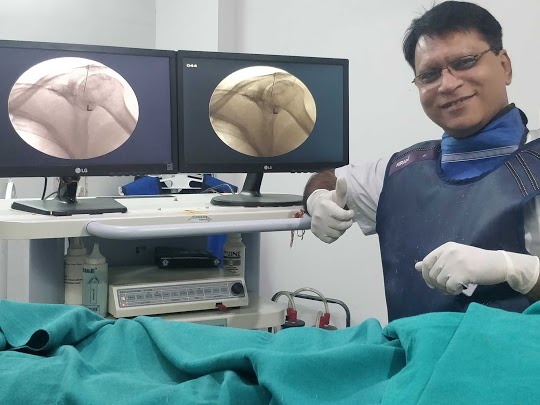



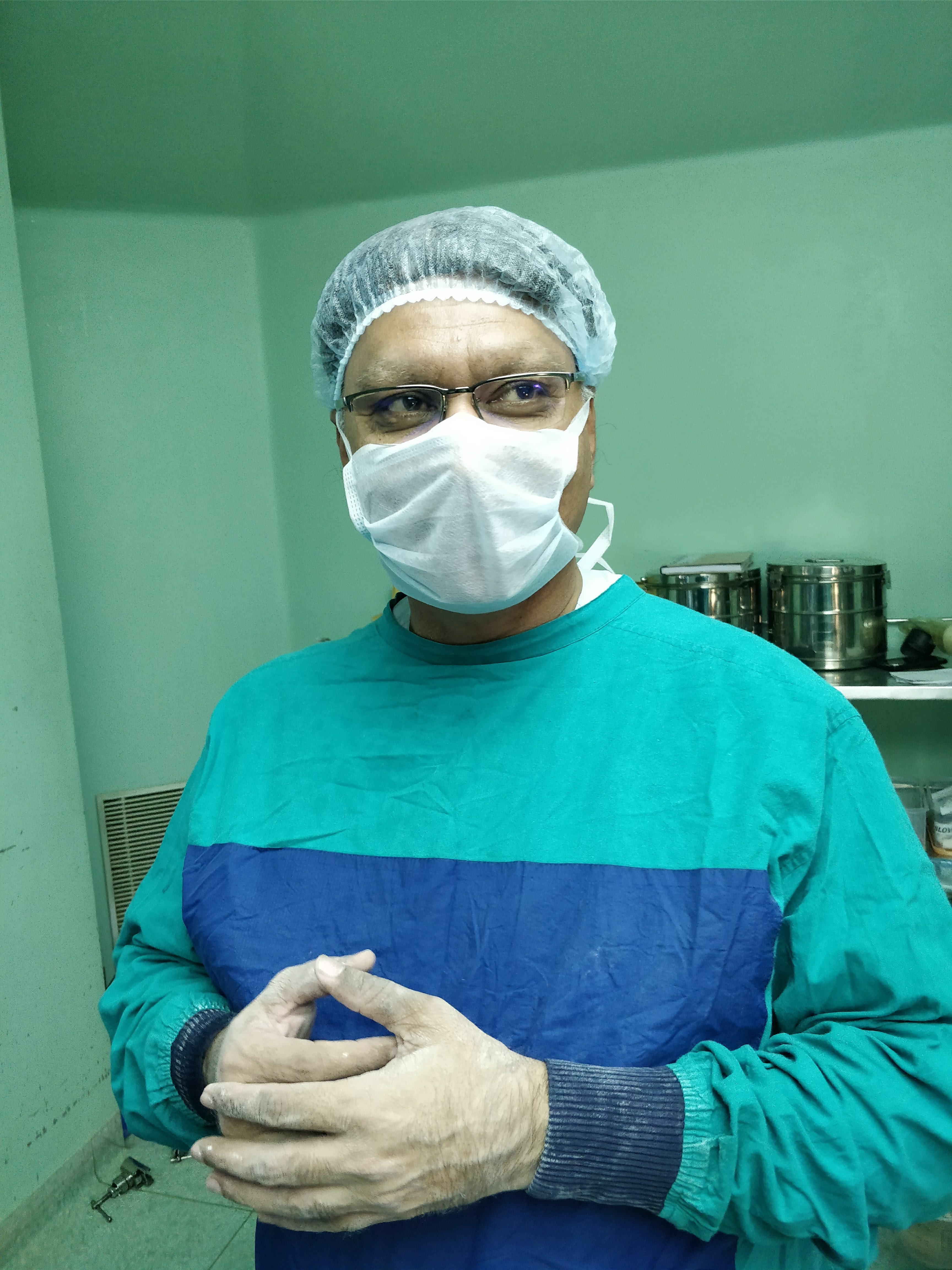
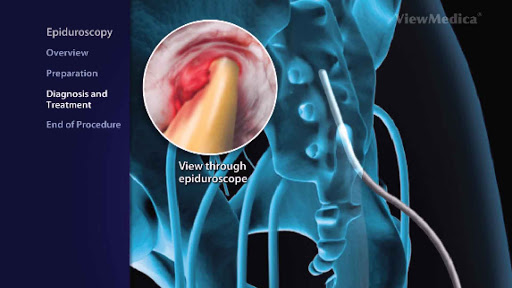

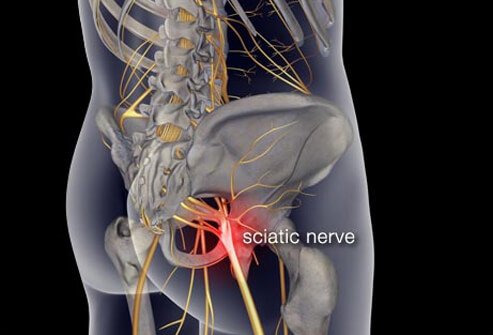






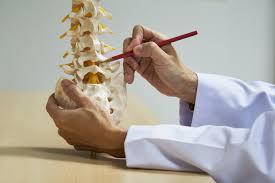

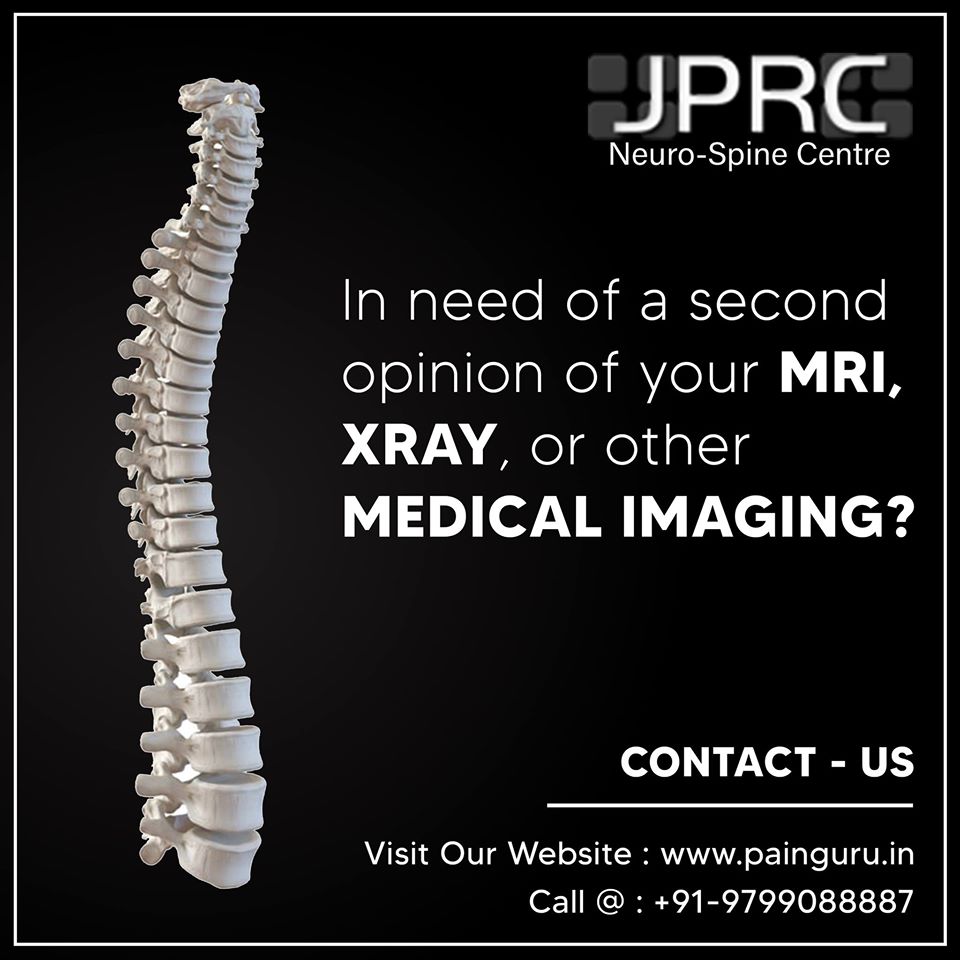






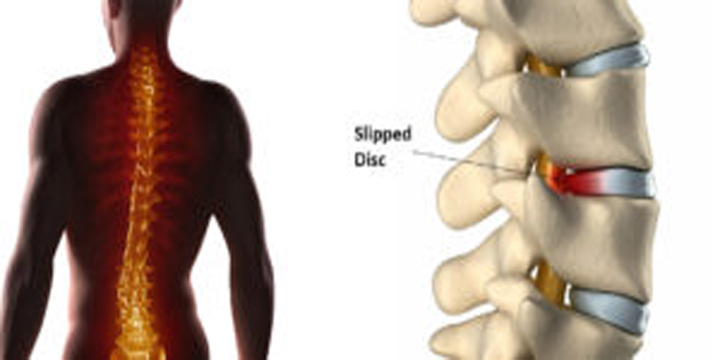
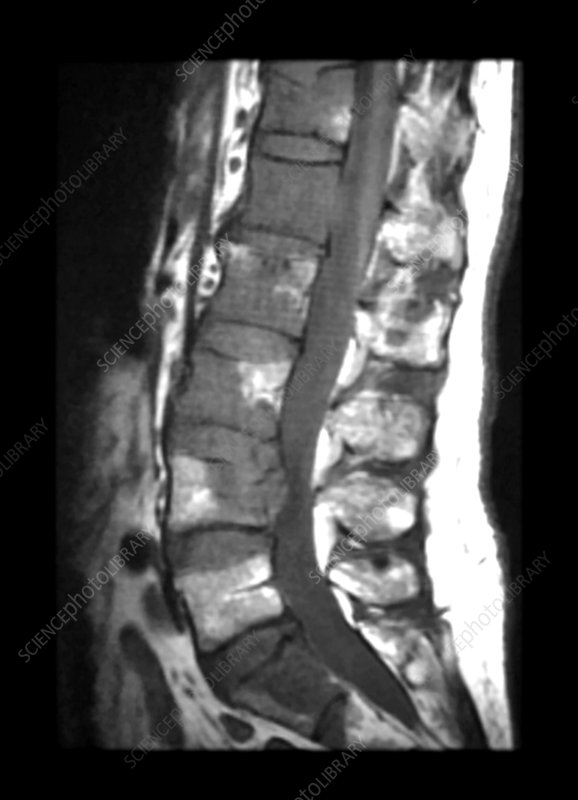




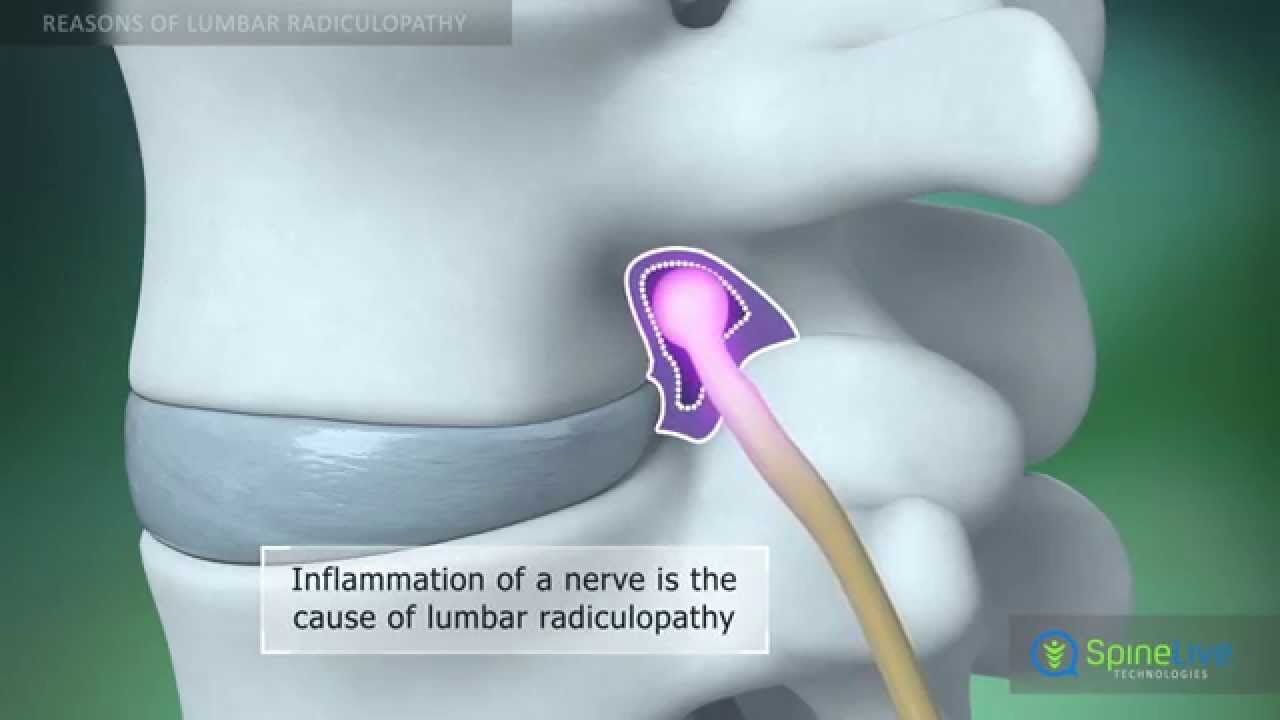
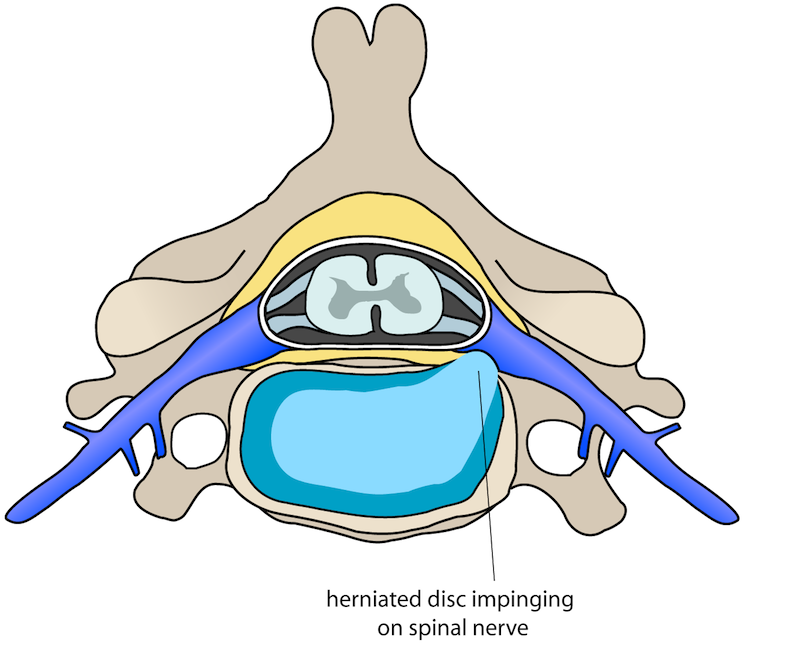
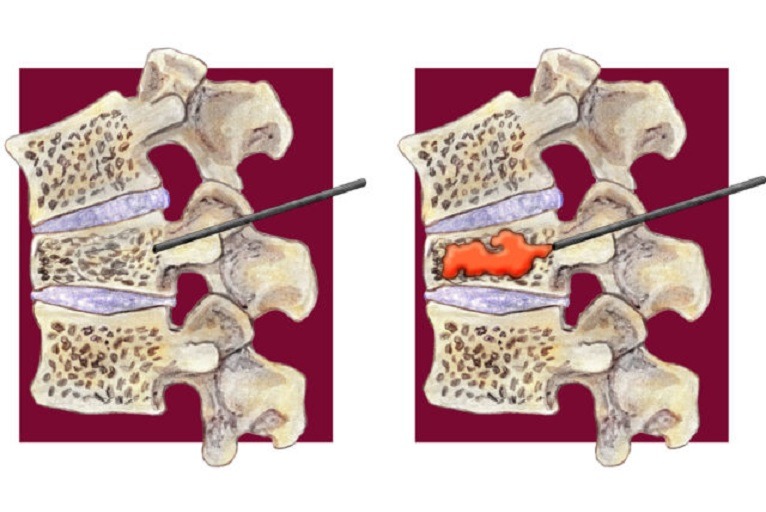













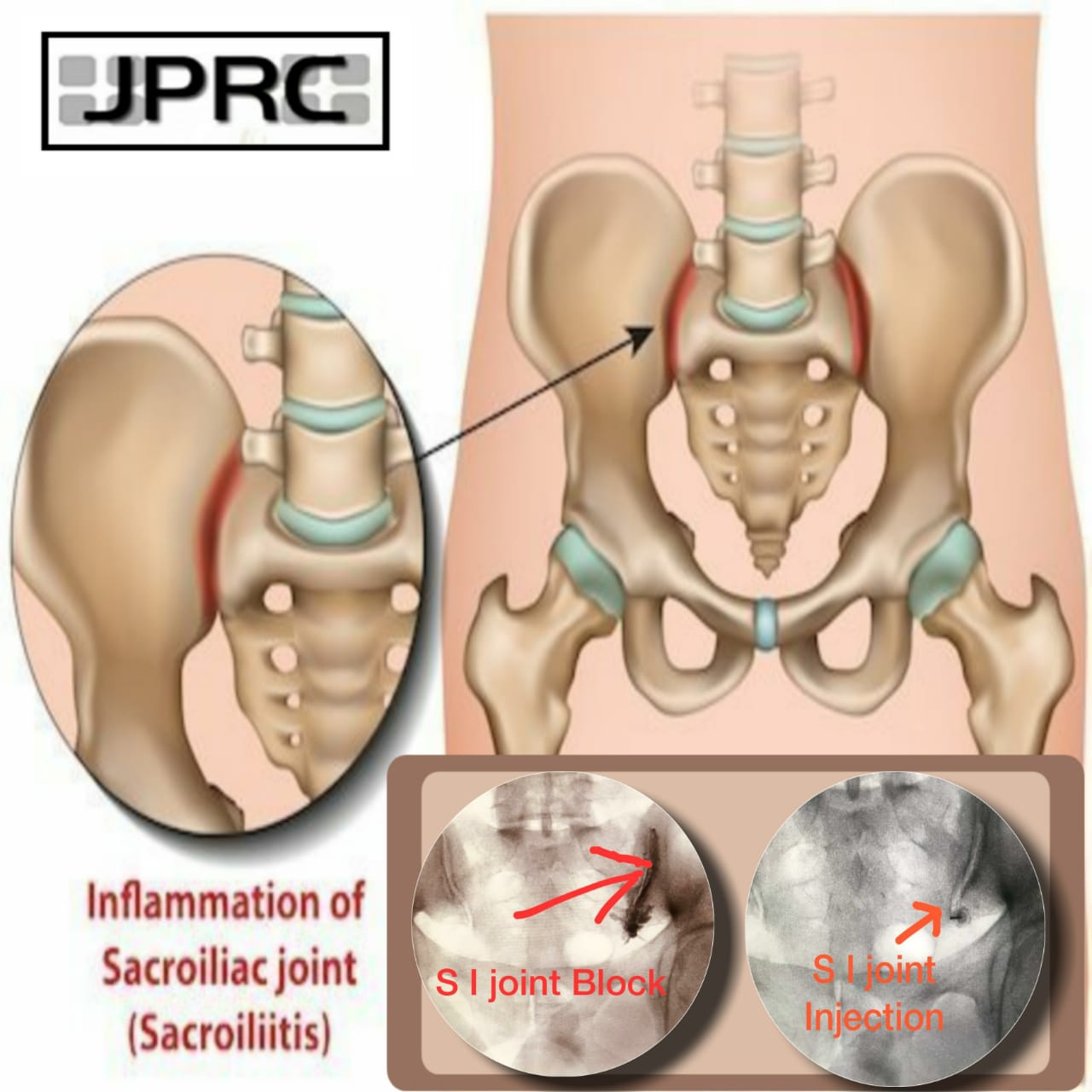










.jpg)








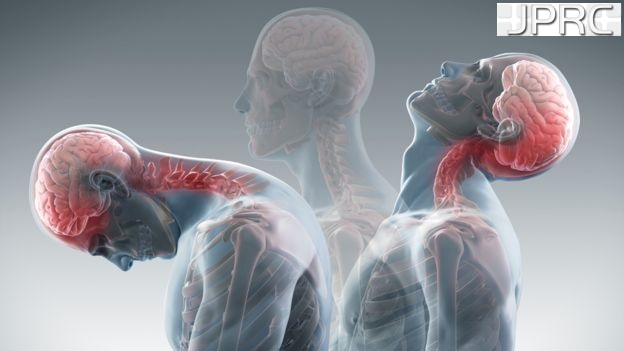


_Injection_Description_in_Hindi.jpg)
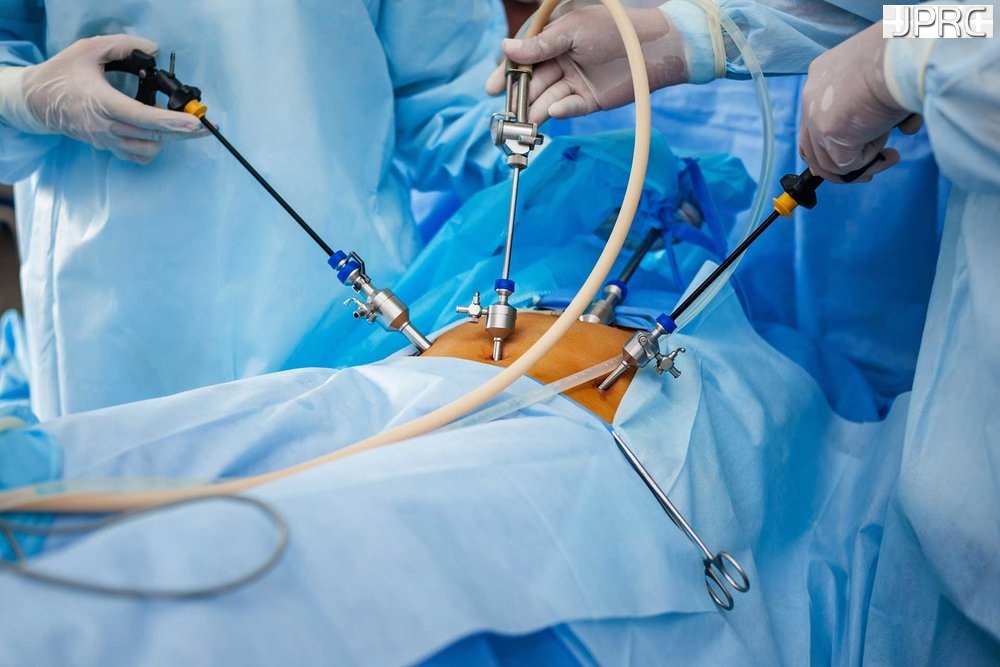

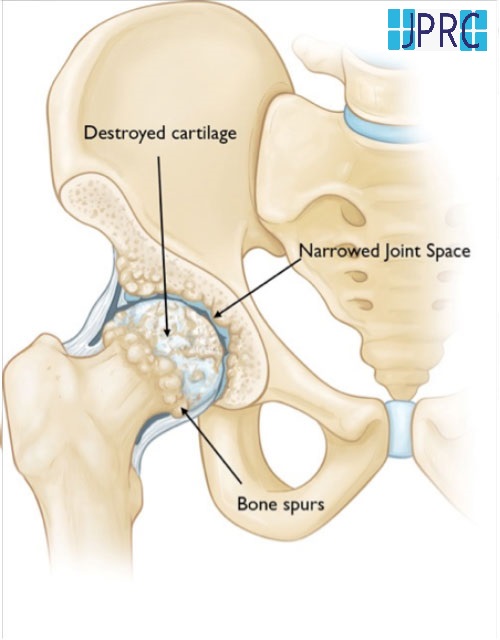



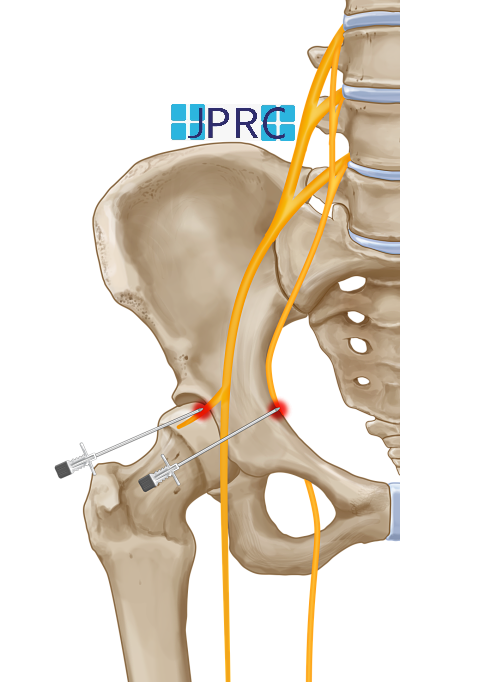


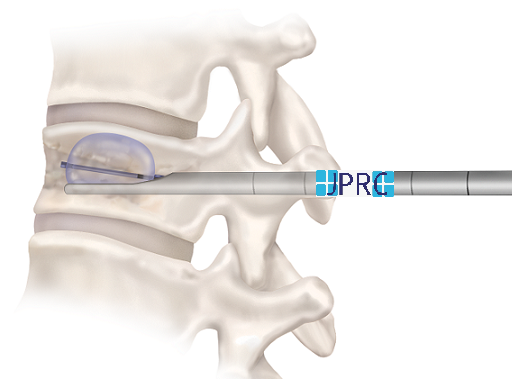





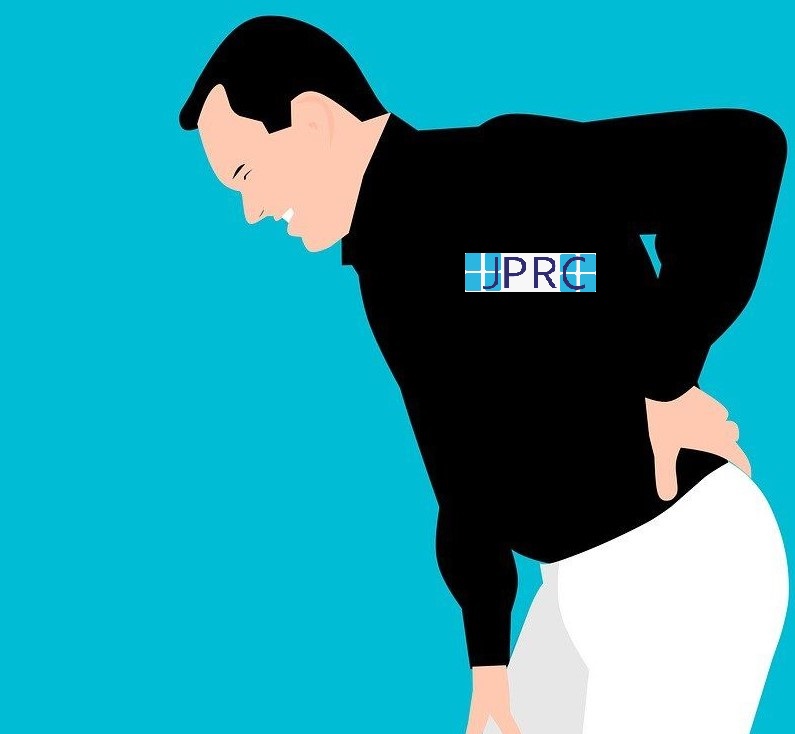
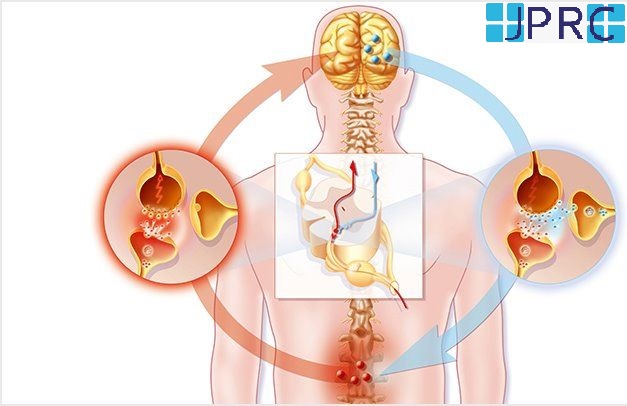


.jpg)










.jpg)




.jpg)
.jpg)
.jpg)



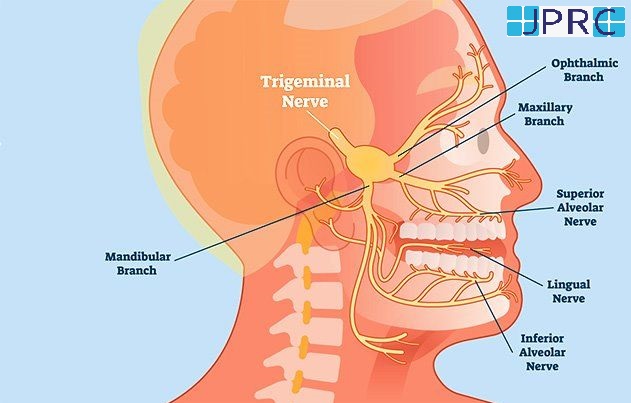



.jpg)
.jpg)
.jpg)
.jpg)
.jpg)
.jpg)
.jpg)
.jpg)
.jpg)
.jpg)
.jpg)
.jpg)
.jpg)
.jpg)
.jpg)
.jpg)
.jpg)
.jpg)
.jpg)
.jpg)
.jpg)
.jpg)








1.jpg)
1.jpg)
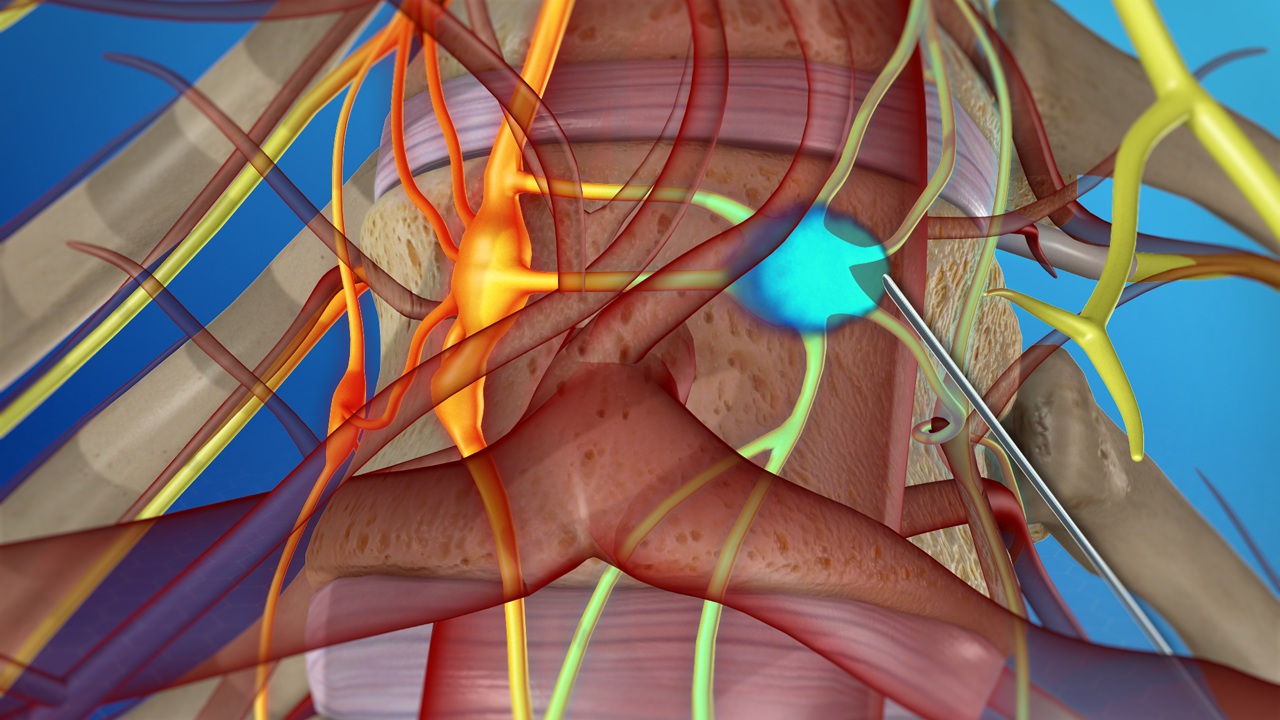
1.jpg)
1.jpg)
1.jpg)
1.jpg)
1.jpg)








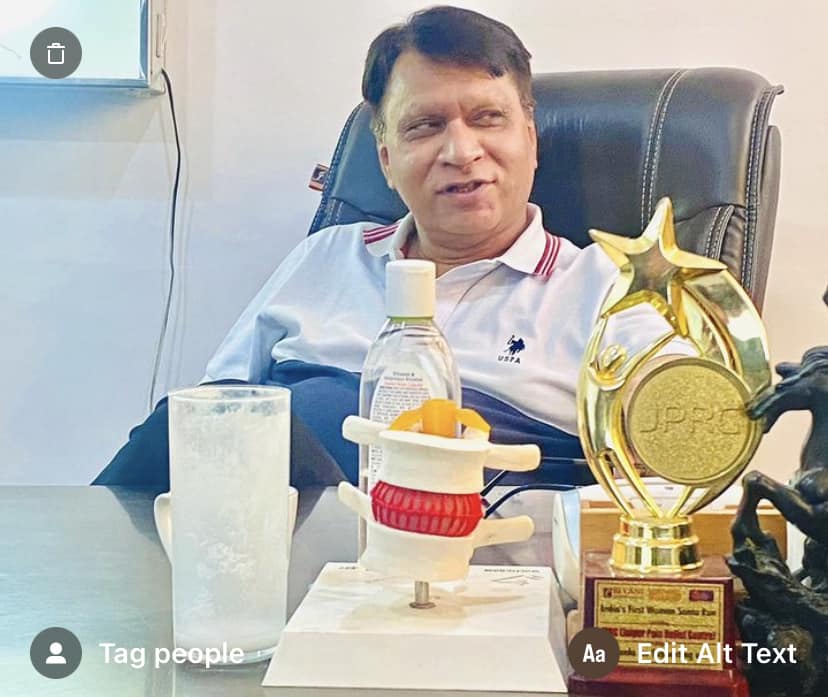

2.jpg)
3.jpg)

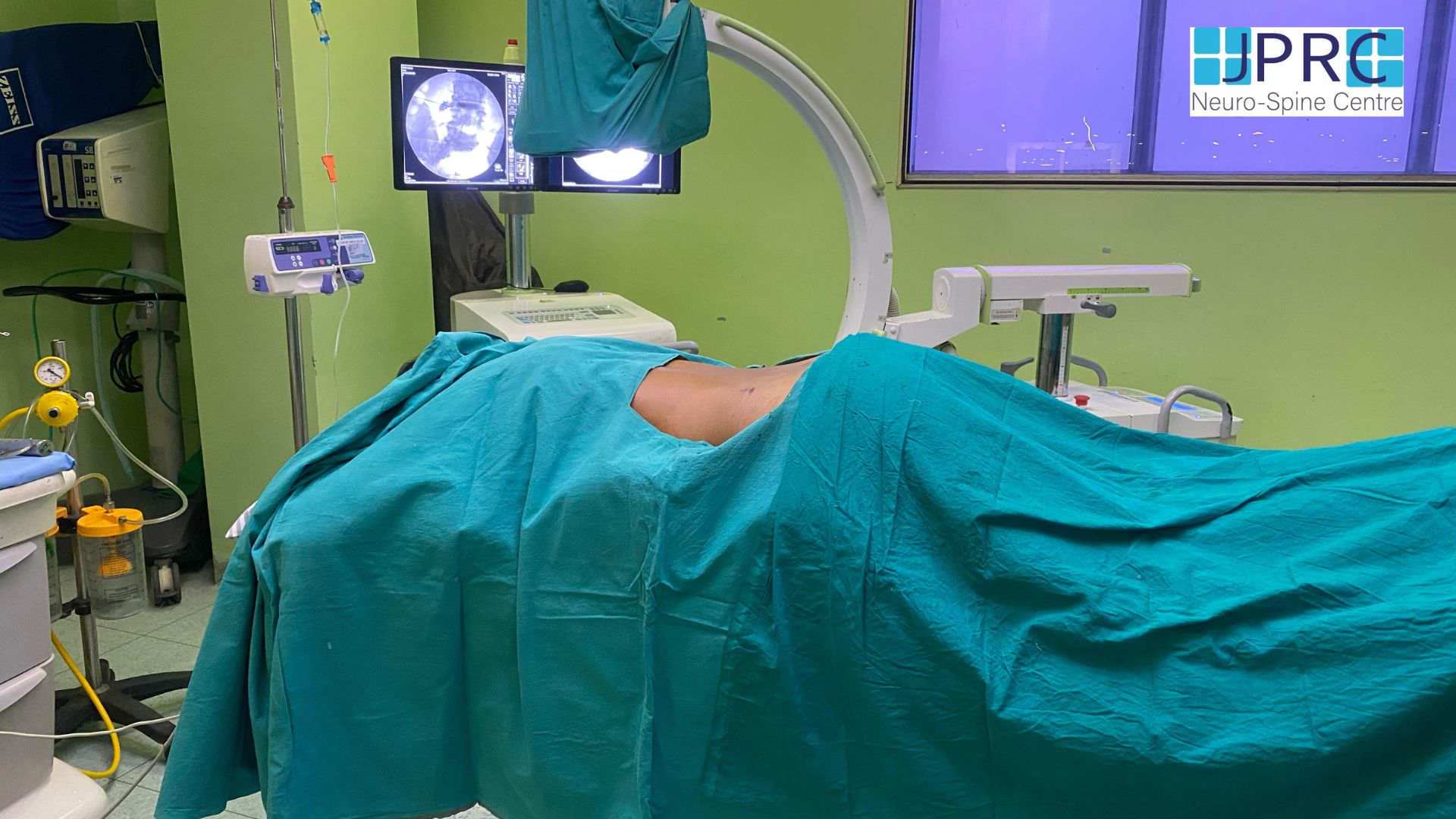

4.jpg)
1.jpg)
2.jpg)

5.jpg)
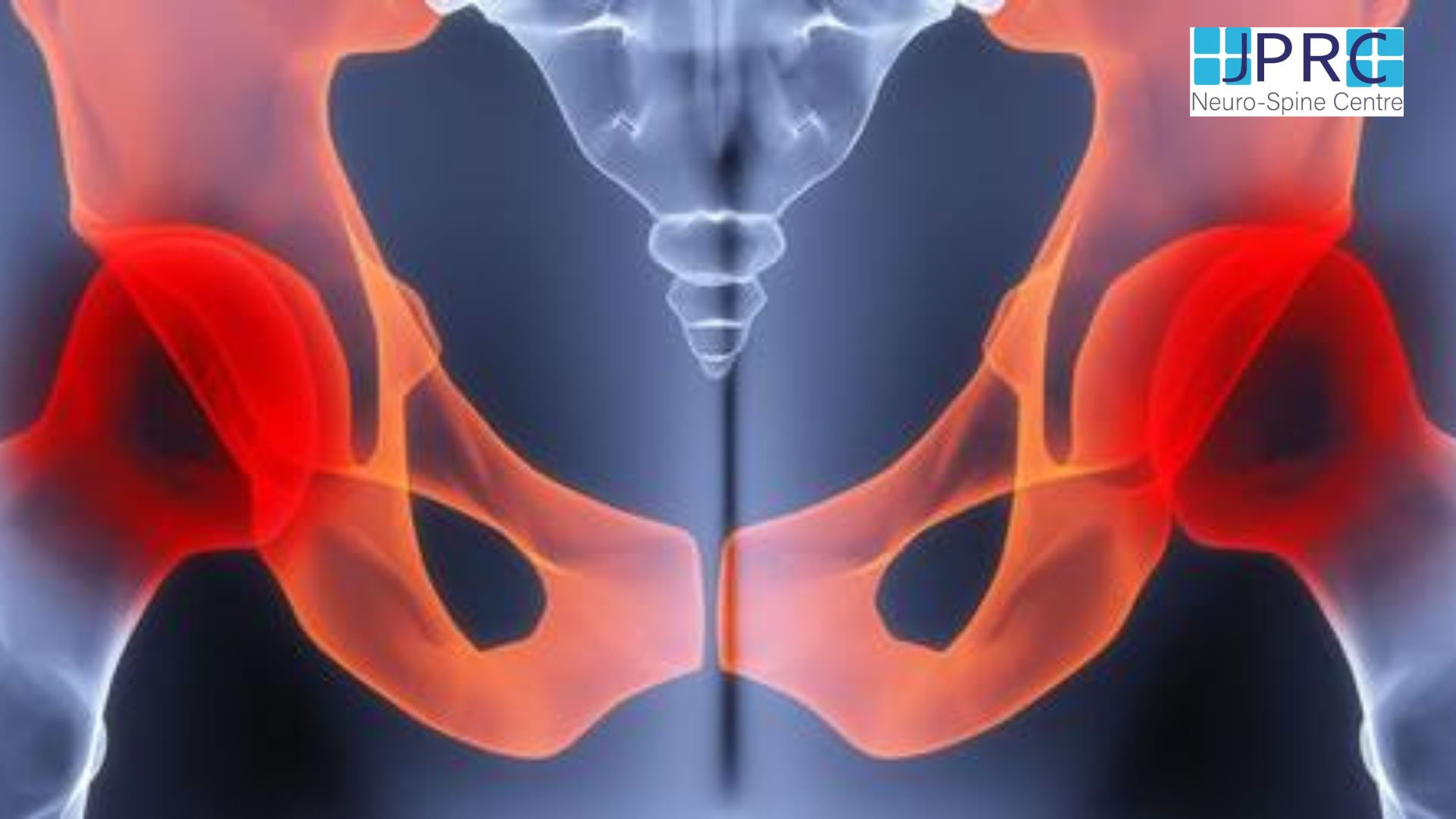
6.jpg)
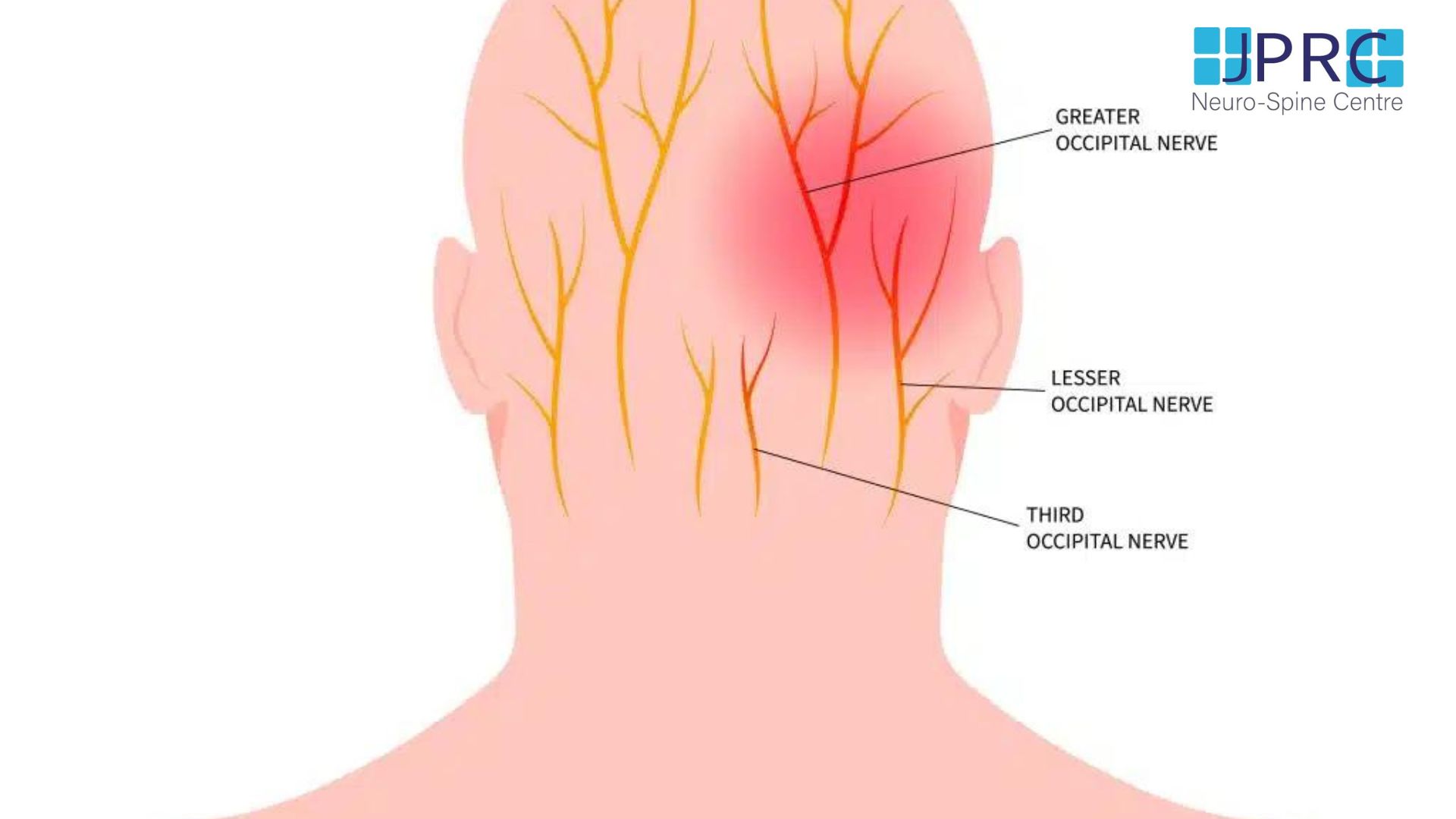
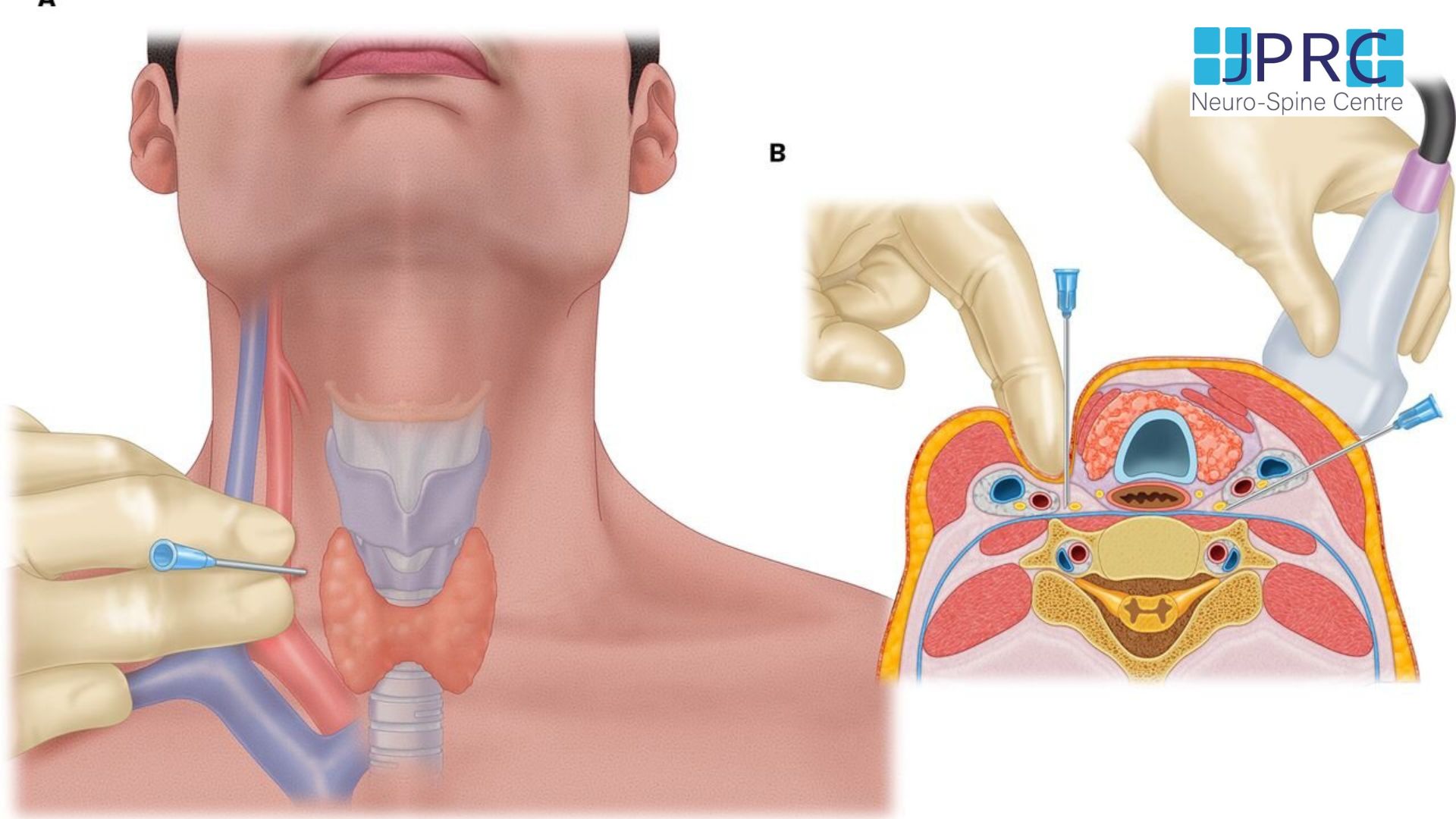


7.jpg)
2.jpg)

8.jpg)

9.jpg)
3.jpg)

10.jpg)

11.jpg)


12.jpg)
4.jpg)




























